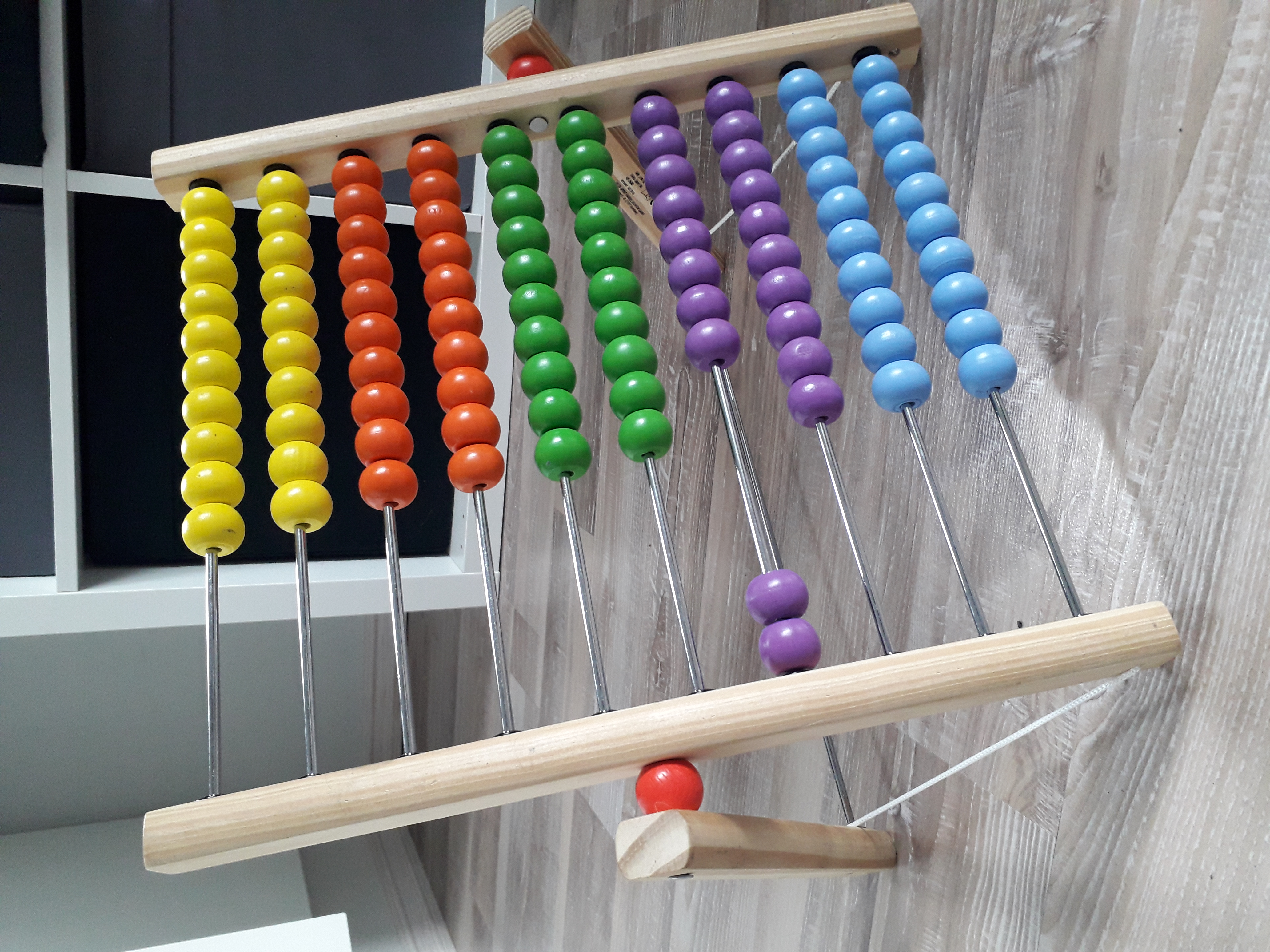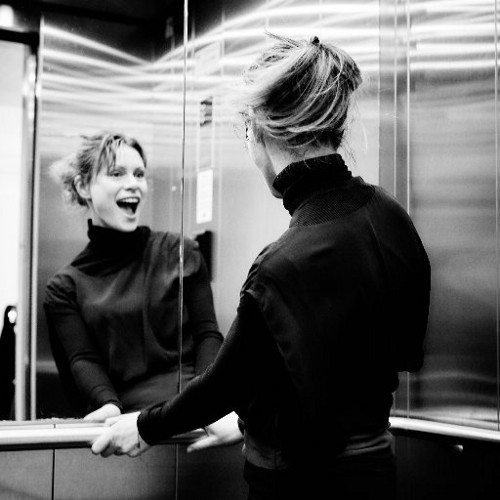I am an academic and somewhat of a slow bloomer in all aspects of life: I gave birth to my children between the ages of 34 and almost 42; despite achieving a PhD in 2013, I am still deciding what to do as an adult; and I ventured into leadership for the first time from 2016 to 2018. To be honest, I never wanted to be a leader – just a researcher. But, this opportunity – a significantly large project – had been something I had worked on extremely diligently and for a considerable amount of time. The project proposal had been a joint effort comprising the logic of some of the team’s research topics. The overall responsibility for ensuring that the proposal was submitted on time, with all the pieces, and at a high standard was mine.

The first time the proposal was submitted it was rejected. However, the project was so close to being accepted that the foundation encouraged us to submit again. We submitted with the next round and to my surprise and horror it was funded. There were several acute challenges I felt were there from the outset. Firstly, the project’s logic had been formed around the research topics of the team members, which required active participation and problem solving to allow for the elements to gel and work together. Secondly, and given this logic, the overall aim of the project was quite ambiguous. It really was not clear regarding what we were working towards. Being the artist that I am, I felt that I could let the materials ‘speak for themselves’ and that things would fall into place through hard work. This idea was intricately connected to the third, and most crucial challenge – the people. I knew that the team comprised strong characters who were leaders in their own right, and/or aspired to be so. Thus, I anticipated that by entering the situation with a dictator and/or delegator approach, I would be faced with a mutiny. So, instead, I attempted implementing a ‘distributed leadership’ model in which everyone would feel that they were the leaders of their own part of the project, and would be motivated to make things work based on the idea that the operations of the project could very well continue into industry and further research.
Well. It just did not work. I asked my sister, a human resources manager, for tips she would give to someone leading a team of leaders, and she suggested fun, team-building activities. At my own expense I took the team to an escape room and bought gift cards for messages, thinking that we can get to know each other as a team, and we could also understand that we care about each other’s wellbeing. That a greater bond could be formed that would motivate the team members to reach into their areas of interest and unleash their potential. And, well. That just did not work.
There were people on the team who were absolutely amazing. It was thanks to them that some really significant advances did happen, so much so, that there were definitely avenues we could have taken to expand the longevity of the project. To those wonderful individuals I will be forever grateful and indebted. Really. But, regarding the others, who thoroughly astounded me at every way, shape and turn. Well. Thanks to them I visited a psychologist for the first time ever. As I said, I’m a late bloomer. Little did I know that exactly one year after my first psychologist visit, I would be back again, this time to deal with the greatest trauma(s) of my life.
After a year of struggles, one of the amazing people scored a new job. While I was upset that we would be losing her, I saw it as an excellent opportunity to break up the dynamics of the all-woman, all-ambitious, academic-oriented team. I advertised for someone to fill her role and mysteriously through another channel received an email from someone who had apparently heard about the position through a respected member of the Business school. I trusted this colleague and her judgment, so invited the person for an interview. He said he would have a shower and come straight away (in the middle of the day mind you), and so, on the very day I had received his first inquiries I was interviewing him for the position.
He was perfect. A bit older than I was. Significant experience in business. Many lessons learned from the field. Humble. Seemingly pointing out his shortcomings (little did I know they were very accurate, and actually quite devastating). He even stated that he had failed quite a few times. My response was, “Wonderful! We learn from failure”.
After a year of professional, psychological and emotional battles I took this as the break I’d been waiting for. As I started relaxing, knowing that I could trust someone else, with all their experience and honesty, to jump into the nitty-gritty of the project and things would start working. Then, I found out that my mother had been diagnosed with breast cancer. On the day of her second operation, my sisters and I received a text from our father stating that the doctors believed he may have a lesion in his pancreas. We laughed. Our father had been a hypochondriac all our lives. Finally, now that our mother was sick, he needed to be sicker. In fact, it actually turned out that he did have pancreatic cancer. Our mother thankful responded well to treatment. Our father, a diabetic, could not be operated on and fairly rapidly deteriorated despite chemotherapy and participating in a medical trial.
In the midst of this, things were quite stressful at home. I was working at nights (not really sleeping), my husband was tying to finish our building project. People I did not like were spending more and more time with my family when I was at work and my husband was not building. At work, my time was hijacked by this new team member who wanted to team-build and devise the project strategy for most of the hours of the day – meaning that I needed to work at night to get anything done. Despite this, I thought I had a friend, even though as soon as he had a valid contract he started telling me horror stories about people who he had terrorized through either suing, defaming or otherwise (some really scary stories were unfolding). He told me very matter-of-factly, that if he feels anyone goes behind his back, or if anyone annoys him, OR if he simply feels like it, he destroys people’s lives.
I felt like I was sitting on hot wire. The phone would ring or the message signal would sound and it was like I had a tuning rod in my head. I knew I was being terrorized, and I knew that it was working in favor of one (or more) of the colleagues who had previously made my life a misery. But, I told myself that I was the strongest person I knew, and that this one I would win. I started telling myself to look at the positives and that if someone (or some people) were trying to corner me, I would plant an entire net from floor to ceiling. I told myself it was fun, and that I should focus on getting the most out of the situation. I realized that things (people – or should we just say ‘things’?) were not right, but that they would not get to me. I was in control.
To make a long story short, I was taken for a ride, and could see that I was going to be taken for everything. I felt dead. Like I was in hell, or stuck in this other dimension. Life was happening around me, but I could not reach it. I was here in my body, but I was not connected to my beautiful family or all the wonderful people and things around me. I was terrified of my phone, the emails, the media, any photographs, cars, walking around in open spaces, being locked in my office. I dumped everything I had worked so hard to gain. I literally threw it at the person and that other colleague, then cut connections. No sooner had I done that, I had been more or less completely dropped from my larger team – just like being written out of a script.
I undertook extremely intensive psychotherapy in which I was diagnosed with 20 years of Post-traumatic stress disorder (PTSD) and was told that I had experienced something I never thought I would ever have experienced. My father died. My family was a wreck. I continued working, but it felt like ‘empty work’ – I was on automatic pilot.
Many things thank goodness began to, however, turn around. I was lucky enough to have a break from work (maternity leave – who would have thought?). My family began working as a unit again, and all the pieces re-united. The love I feel for my husband is stronger than it has ever been. AND, I gradually began to feel ALIVE again. I had come back. The PTSD has managed to calm itself down substantially. The lessons learned from this experience that I hold extremely close during the midst of the COVID-19 crisis are:
1) Where there is life there is hope – REALLY if you are alive you can still do the things you have been dreaming of doing, steer your life in your desired direction, and life is short, DO IT NOW;
2) Surviving trauma is an amazingly empowering experience – it gives you the strength to face anything;
3) Yes, it actually can happen to you – despite what I used to believe of women speaking out within the ‘Me Too Campaign’, no one can ever be too smart to be ‘so stupid that they will ever get into those types of situations’. They can and do happen to anyone, and especially happen to strong and intelligent individuals – the stronger the victim is, the more fun they are to prey on. And yes yes, really good predators play the role of victim brilliantly.
4) Psychopaths are the nicest, most ‘genuine’ people you will ever meet – so, Number 1 take home when facing recruitment situations in and out of COVID-10: Always do your background checks!
Saying this, I feel better, stronger and clearer than ever. I understand people, how they operate and the motivations behind their behavior much better now than I ever have before. And, my aptitude for empathy has increased substantially on many levels. I have learned about personality types I never knew existed, and if there is anything I have ever wanted to really share with others is that life is short! Live it and love it!

